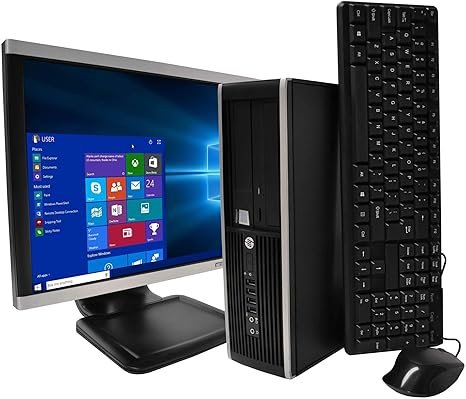
Optimizing Your Personal Computer Use: Best Practices for Every User
The term Personal Computer (PC) refers to a digital device designed for personal tasks such as work, gaming, browsing the internet, and entertainment. PCs have become an integral part of modern life due to their flexibility and power, offering solutions for a wide range of activities, from basic word processing to advanced gaming and multimedia editing. In this article, I will guide you through the characteristics, price factors, advantages, and disadvantages of Personal Computer Use, using insights from leading brands such as Lenovo, HP, and Dell.
Characteristics of Personal Computer Use
Personal Computers (PCs) come in various types, such as desktops, laptops, and all-in-one PCs. Here are some key features:
- Desktop PCs (like those from Lenovo or Dell) are stationary computers that offer the best performance for tasks that require high processing power, such as video editing, gaming, and programming. These systems generally consist of separate components, such as a monitor, keyboard, and central processing unit (CPU).
- Laptops offer portability, with all components integrated into a single compact device. Brands like HP and Lenovo provide powerful laptops that balance mobility with robust performance for users on the go.
- All-in-One PCs integrate the monitor and the CPU into one unit, offering a space-saving solution without sacrificing performance.
Typical components of a PC include a motherboard, central processing unit (CPU), random access memory (RAM), hard drive (HDD) or solid-state drive (SSD), and various input/output devices such as the keyboard, mouse, and monitor(
These components can be customized based on the user’s needs, allowing for performance optimization.
Why Does Personal Computer Use Have This Price?
The cost of a personal computer can vary widely depending on factors like performance, brand, and the type of components included. High-end gaming PCs or workstations that feature powerful processors (e.g., Intel Core i9 or AMD Ryzen 9), large amounts of RAM (16GB or more), and fast SSD storage will be priced higher than basic desktops meant for everyday tasks like browsing and word processing.
Additionally, brand reputation and warranty also influence the price. Premium brands such as Apple, Dell, and Lenovo offer products with longer warranties and better customer support, which increases the price compared to budget brands.
Comparing Personal Computer Use with Similar Products
Compared to other devices, such as tablets or smartphones, personal computers offer greater processing power, more customization options, and better multitasking capabilities. For example, a desktop PC equipped with a dedicated graphics card (e.g., Nvidia GeForce or AMD Radeon) will perform significantly better in tasks like gaming and video rendering than a tablet or smartphone.
However, laptops have been evolving rapidly, and many high-performance laptops now rival desktops in terms of power. Brands like HP Spectre and Lenovo ThinkPad are known for offering portable solutions that cater to both work and gaming environments.
Pros and Cons of Personal Computer Use
Pros:
- Customizability: One of the biggest advantages of personal computers is that you can upgrade and modify them as needed. Whether you want more RAM or a better graphics card, desktop PCs, in particular, offer great flexibility.
- Performance: PCs are generally more powerful than other devices like tablets, making them better suited for demanding tasks such as gaming, software development, and video editing.
Cons:
- Vulnerability to Security Threats: PCs are more susceptible to viruses and malware than other types of devices. It is important to install antivirus software and maintain updates to mitigate these risks.
- Complexity: Setting up and maintaining a PC can be challenging for some users, particularly when troubleshooting hardware or software issues.
Advantages of Personal Computer Use
PCs are highly versatile and adaptable. For professionals, high-performance PCs from brands like Lenovo, HP, and Dell enable tasks such as programming, graphic design, and video production to be handled smoothly. Gamers benefit from high frame rates and advanced graphics, while students can rely on PCs for research, assignments, and online learning.
Moreover, virtual memory and cloud computing integration allow users to store large amounts of data remotely, offering both storage flexibility and easy data access.
Other Benefits of Personal Computer Use
Personal computers offer a wide range of software compatibility across different operating systems such as Windows, Linux, and macOS. This makes them an essential tool for users who need to run specialized software, whether for business, gaming, or creative tasks.
PCs also offer significant advantages for data management, with options for large storage drives (such as HDD and SSD) that can accommodate everything from photos and videos to complex software suites.
Opinions on Personal Computer Use
PC users often express high levels of satisfaction due to the power and flexibility these devices offer. Gamers frequently appreciate the high frame rates and detailed graphics that gaming PCs provide, especially when equipped with dedicated graphics cards like Nvidia GeForce RTX. Meanwhile, professionals in fields such as design and programming enjoy the ability to upgrade components to meet evolving needs.
Frequently Asked Questions
Which PC is best for gaming? High-end gaming PCs from brands like Dell Alienware or HP Omen feature powerful processors, dedicated graphics cards, and ample RAM, making them the ideal choice for smooth, high-performance gaming experiences.
What makes a PC different from a laptop? A desktop PC typically offers more power and upgradeability, while a laptop provides portability and convenience for users who need to work on the go.
Conclusions on Personal Computer Use
In conclusion, Personal Computer Use is versatile, offering significant advantages in performance, customizability, and multitasking capabilities. From gaming to professional workloads, PCs from brands like Lenovo, HP, and Dell provide users with the flexibility to tailor their systems to their needs. Understanding the balance between price, performance, and upgradeability is key to selecting the right PC for your tasks.
By considering your specific needs and the options available, you can choose the ideal personal computer that will enhance productivity and deliver a superior experience.
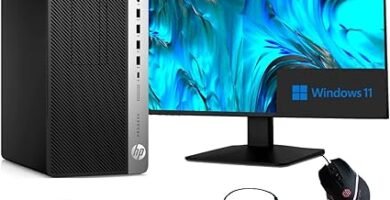
Tips to Keep Your PC

Components
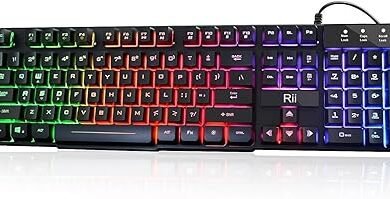
Keyboards
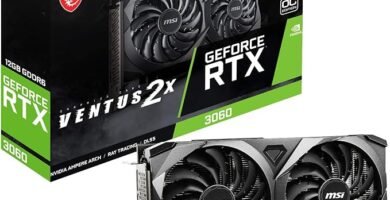
Computer Graphics Processor
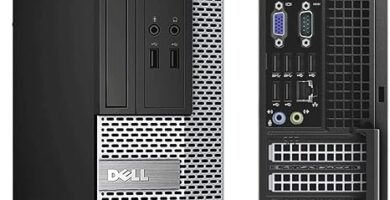
Personal Computer CPU Manufacturer

Computer Operating System






